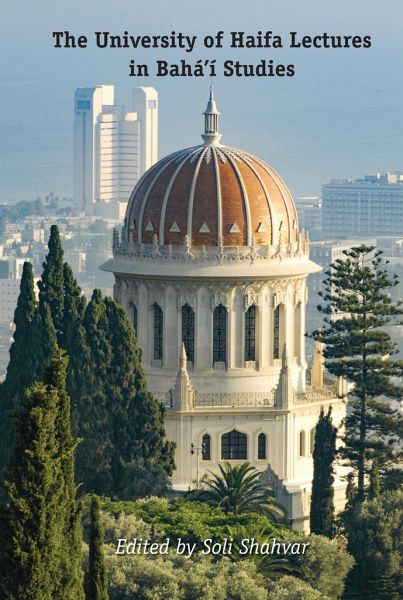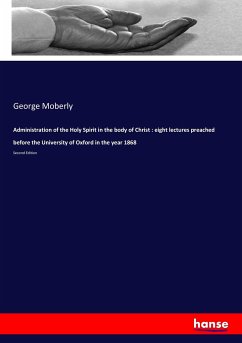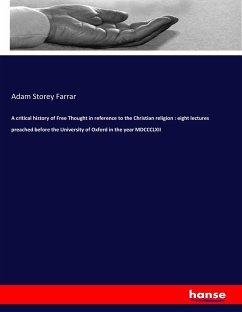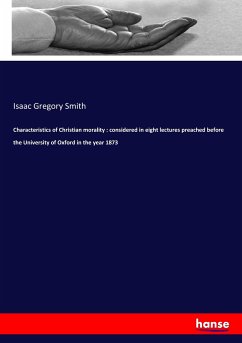
The University of Haifa Lectures in Bahá'í Studies
Versandkostenfrei!
Versandfertig in 6-10 Tagen
94,30 €
inkl. MwSt.
Weitere Ausgaben:

PAYBACK Punkte
0 °P sammeln!
This volume brings together a selection of essays from the Lecture Series in Bahá'í studies at the University of Haifa. Each chapter explores an aspect of the Bahá'í religion, including its history, community, culture and theoretical perspectives on contemporary issues. The authors discuss topics including the family and descendants of the Báb (founder of the religion from which the Bahá'í Faith emerged), the influential role of Bahá'í schools in the modernization of education in Iran, the process of introducing the law of monogamy into the Iranian Bahá'í community, early connection...
This volume brings together a selection of essays from the Lecture Series in Bahá'í studies at the University of Haifa. Each chapter explores an aspect of the Bahá'í religion, including its history, community, culture and theoretical perspectives on contemporary issues. The authors discuss topics including the family and descendants of the Báb (founder of the religion from which the Bahá'í Faith emerged), the influential role of Bahá'í schools in the modernization of education in Iran, the process of introducing the law of monogamy into the Iranian Bahá'í community, early connections between Swiss citizens and Bahá'ís in the Middle East, the rich and varied landscape of Persian Bahá'í poetry, and the role of African Americans in the development of the US Bahá'í community, particularly with regard to race relations and the principle of the oneness of humanity. Also presented in this volume are Bahá'í perspectives on contemporary topics including changing conceptions of work and work values, the role of apologetics in interfaith dialogue, and the issue of 'defamation of religions' in international human rights discourse. This book will be of interest to readers in various disciplines in the humanities and social sciences who want to become informed in more depth about a wider range of topics in the emerging field of Bahá'í studies.














